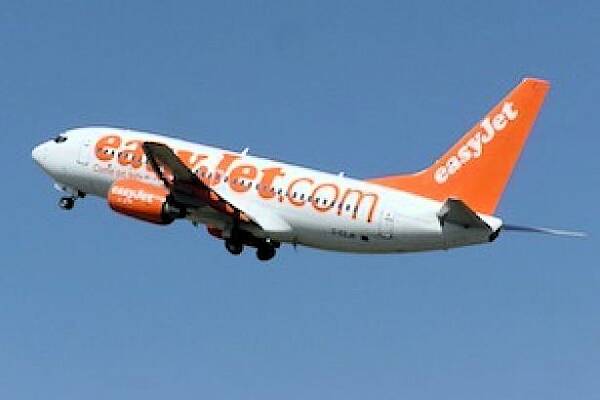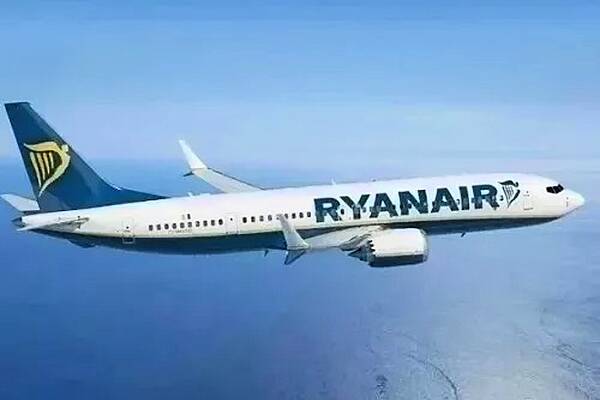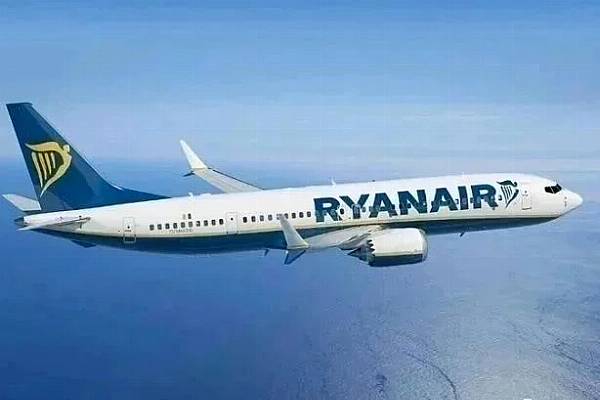EasyJet reported lower quarterly revenue and said volatility would affect the key summer travel season as the British low-cost carrier faces headwinds including a string of terrorist attacks across its main markets and Britain’s decision to exit the European Union.
Sales in the fiscal third quarter ended June 30 fell 2.6 per cent to £1.2 billion, the Luton, England-based company said Thursday in a statement. Revenue per seat, or yields, slid 8.3 per cent and are so far down about 7.5 per cent in the fiscal fourth quarter. Shares dropped as much as 7.6 per cent.
Terrorism incidents across Europe and North Africa since last year have deterred tourists and business executives from traveling, while a deadly attack in Nice, France, and a failed coup in Turkey in the past week have exacerbated the drop. EasyJet, which was betting on the region’s summer vacation season to revive traffic, is also contending with a plunge in the pound resulting from the British referendum last month to exit the European Union. Those effects, plus air-traffic disruptions due to strikes, combined to reduce third-quarter pretax profit by 28 million pounds, the company said late last month.
Labor stoppages, weather and runway closures in London “combined with industry capacity growth in short haul continue to have an impact on industry yields at a peak time of year,” Chief Executive Officer Carolyn McCall said in the statement Thursday. “More recently, currency volatility as a result of the UK's referendum decision to leave the EU as well as the recent events in Turkey and Nice continue to impact consumer confidence.”
Shares Drop
EasyJet has faced the full brunt of events affecting the airline industry. Its reliance mainly on short-haul leisure travel makes the budget carrier vulnerable to demand shocks. Its base near London exposes the company to potential disruption caused by the U.K.’s decision to leave the EU, which could end agreements allowing it to fly freely around Europe. EasyJet’s shares have lost more than a quarter of their value since the Brexit referendum on June 23, more than any other European carrier.
EasyJet shares Thursday fell to as low as 1,041 pence and were down 6 per cent at 1,059 pence at 8:29 a.m. in London. The stock has tumbled 39 per cent this year, valuing the company £4.2 billion.
The company has set up a team to lobby the UK and EU governments to secure rights to continue to fly between Britain and mainland Europe. In case those efforts fail, EasyJet is in talks to secure EU operating rights to allow it to retain access to the bloc.
The terror incidents, which followed events in Paris and Brussels last year, has driven passengers away from city trips while at the same time prompting tour operators including TUI AG and Thomas Cook Group to shift capacity to popular beach destinations. Airlines have increased capacity on those connections by 14 per cent, impacting the profitability of those routes, EasyJet said.
Deutsche Lufthansa, Europe’s third-biggest mainline carrier, cited terrorist attacks in Europe as the main reason for a cut in its full-year forecast, as it no longer say a significant decline in advance, long-haul bookings recovering anytime soon. The carrier said late Wednesday that it expects adjusted earnings to fall in 2016 rather than increase slightly.
News by Bloomberg, edited by Hospitality Ireland









